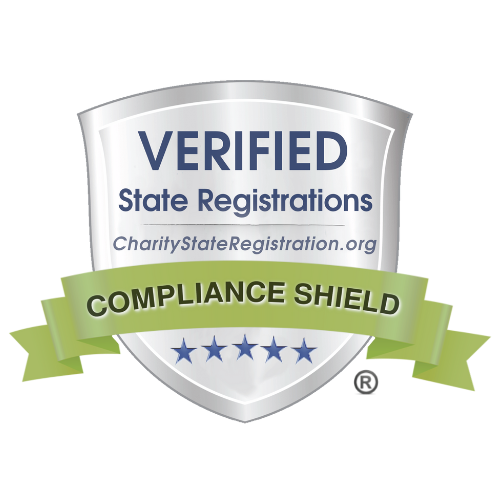IAVA | December 2, 2015
Read: Congress should support seamless access to care for veterans
Last month Secretary McDonald presented a plan to Congress designed to consolidate the VA’s multiple programs that administer private healthcare to veterans. And while the secretary and his team work diligently to transform the VA into a 21st Century institution that can efficiently and effectively meet the demands of both older and newer veterans alike, there are unfortunately too many of our returning warriors still waiting for care. Roughly 60 percent of new veterans are enrolled to receive VA care, but too many are facing inordinately long wait times for appointments, while others are simply lost in the cracks or baffled by how to obtain care.
This afternoon the Senate Committee for Veterans Affairs will convene to discuss the VA’s plan to address these issues. I will be on hand to give my testimony on behalf of the nearly half million veterans represented by my organization Iraq and Afghanistan Veterans of America (IAVA). And although we applaud Congress for requiring the VA to put forward a plan for consolidating the many programs for veterans seeking privatized care outside of VA facilities, we hope that Congress will adopt a roadmap forward that will provide clarity and timely medical care to veterans.
Last year, as the much-needed Veterans Access to Choice and Accountability Act (VACAA) was being implemented, it became apparent that this new law added further confusion for America’s 21plus million vets. VACCAA added more options to a series of preexisting VA privatization programs. Although the Choice Act was necessary to address the access crisis at VA, revealed by the scandal in Phoenix, the new program quickly became an example of what was, and was not working for veterans. According to IAVA’s most recent Member Survey, 43 percent of our members stated the main reason for not utilizing the VA Choice Card program was simply because they did not know how.
Any plan to consolidate care in the community must be simple to understand, consistent across the country and place the needs of veteran above all else. The plan submitted by the VA meets the above criteria and should be the framework for legislation in order to consolidate care in the community and provide seamless access to care for veterans.
However, the current plan being discussed at today’s hearing will not fix all of VAs problems. While Congress acted swiftly and put veterans first in the wake of the access crisis by passing the Choice Act, unfortunately individual members of Congress continued to put forward incomplete one-off plans and legislation that did not include feedback from veterans, VSOs or VA. As Congress rightly moves forward to simplify a very confusing process for veterans, IAVA recommends Congress utilize the VA’s plan as the framework for legislation and avoid one-off proposals that are misinformed or put politics ahead of veterans. After all, it was Congress who provided the numerous plans that added to the confusion and inefficiencies which resulted in
the need to consolidate care. We believe Congress should be mindful of these lessons, learn from them and leverage the VA’s plan as the framework moving forward.
IAVA’s second concern centers around VA’s ability to effectively implement a plan to consolidate care across their enterprise in a way that avoids many of the mistakes made during the implementation of Choice and truly puts the veteran at the center of every decision. In order to address these inconsistencies and shortcomings, IAVA recommends VA continue its collaborative effort to include all stakeholders who share their vision of putting the veteran first and focus on values based leadership in an attempt to change the culture of VA across the country. Given the serious shortcomings related to training front line personnel on the implementation of Choice and customer service generally, the VA should also continue its efforts with myVA and must ensure all VA employees are properly and consistently trained on any new plan to consolidate care.
Finally, IAVA encourages everyone Congress, VA, VSOs, industry and other stakeholders to place increased importance on the quality of care veterans are receiving, especially as new providers who have not traditionally served veterans join care in the community networks. Special attention must be paid to ensure that the quality of care is consistent with that provided by VA. As community providers are increasingly called upon to serve this population, a recent RAND report suggests community providers might not be well equipped to address the needs of veterans and their families, specifically in understanding treatments for PTSD and other mental health injuries.
The system required to best serve today’s veterans—whether they served in Vietnam or Iraq and Afghanistan—will be very different from the current legacy system. Our newest veterans are returning home ready for full lives having survived complex injuries that would previously have been fatal or absolutely debilitating. With less than one percent of the U.S. population having served in Iraq or Afghanistan, local support and public awareness of veterans’ issues are waning. These changing demographics and circumstances require a nimble, dynamic system of care that can anticipate the needs of veterans and respond quickly.
This article was originally published in The Hill.





